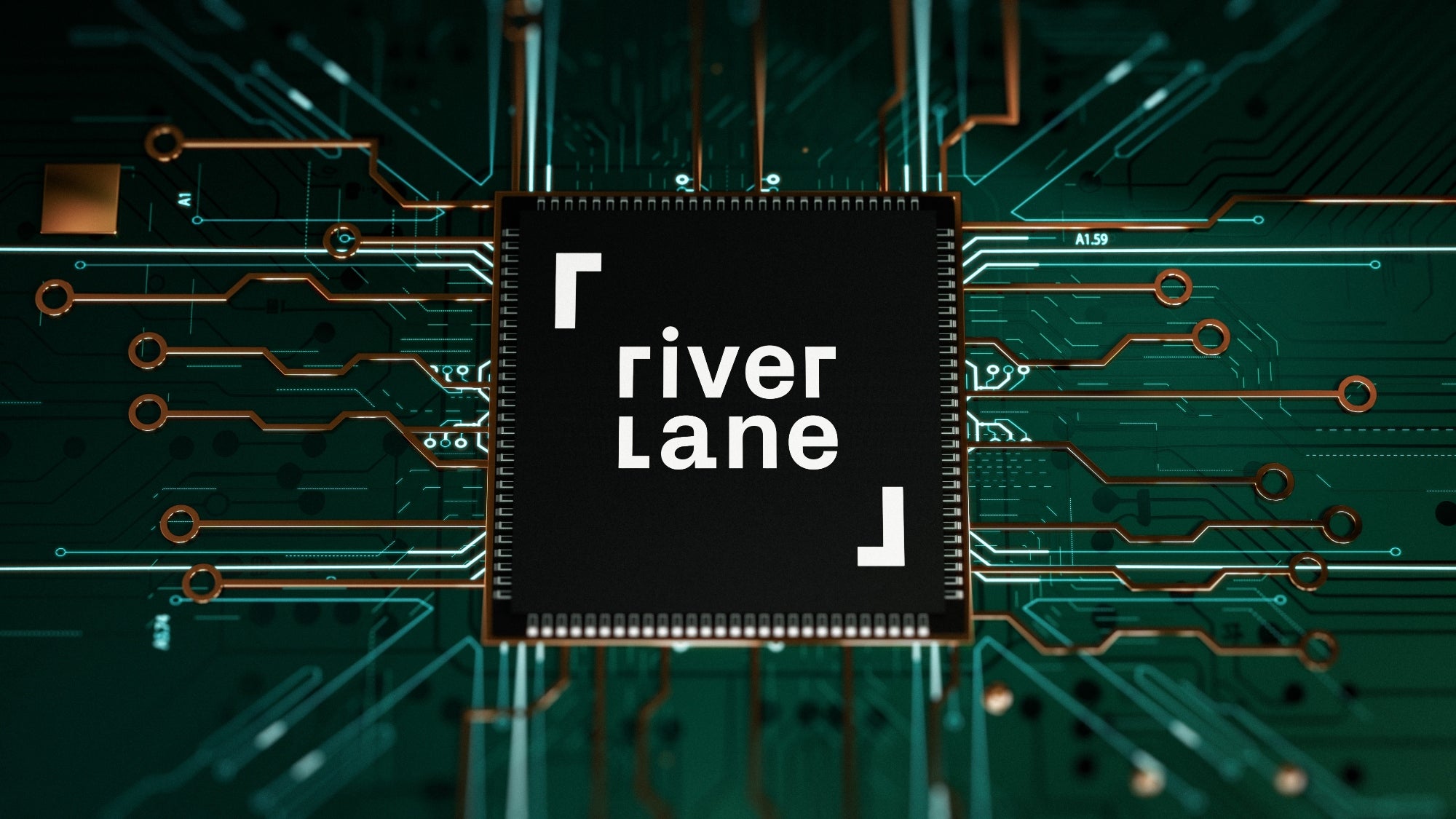
Riverlane, a UK start-up creating quantum error correction technology, has raised $75m in its latest funding round.
The investment will enable the company to expand operations and meet its goal of achieving one million error-free quantum computer operations by 2026.
Riverlane produces semiconductors that run quantum error correction software inside quantum computers.
Funding was secured from Europe’s Planet First Partners which focuses on climate technology investment, as well as venture capital firm ETF Partners and Singapore-based global investor EDBI.
Riverlane founder and CEO, Steve Brierley, said: “Quantum error correction is the critical enabler for the industry’s next huge wave of progress, from today’s small error-prone machines to large and reliable quantum computers that will start a new age of human progress as significant as the digital revolution.
“Our partners recognise the value in working with Riverlane to deliver a solution that fits their needs – we are building the right product at the right time to seize this opportunity.”
Brierley has previously stated that over half of the world’s quantum computing companies are choosing to buy from Riverlane.
With the best quantum computers currently only able to complete up to 1,000 operations before experiencing errors, Riverlane hopes to remedy this with its custom-built chips.
Research and analysis company GlobalData’s ‘Thematic Intelligence: Quantum Computing’ report published earlier this year mentioned Riverlane as a challenger to leaders such as Alphabet, IBM and Microsoft in the quantum applications market.
The report states that quantum computers are prone to high error rates when compared to classical computers noting that high error rates are holding back progress toward commercial-scale quantum computing.
Patents in qubit error correction techniques have increased sharply in the late 2010s and peaked in 2022 according to the report but GlobalData predicts it will be 2030 before a fully-fledged, error-free quantum computer will arrive.







